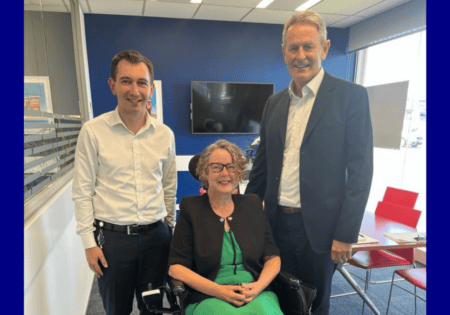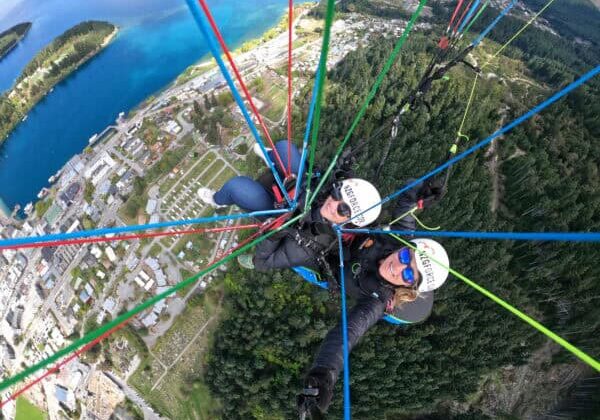Lighthouse II trial ends, but research momentum continues
Living with MND, NZ MND Registry, Research
9 April 2025

We want to share an important update with our community: the Lighthouse II clinical trial has been stopped early, following a planned interim analysis. The analysis found that the treatment being investigated, Triumeq, did not show the level of benefit hoped for in slowing the progression of motor neurone disease (MND).
Lighthouse II was a significant international Phase 3 clinical trial and marked a major milestone as New Zealand’s first multi-site Phase 3 trial for MND. The trial explored whether a combination antiretroviral medication, Triumeq, could suppress the activity of human endogenous retroviruses (HERVs) — ancient viral elements embedded in our DNA that may play a role in MND.
Led in Aotearoa by Consultant Neurologist Dr Alan Stanley, the trial was funded by Motor Neurone Disease NZ and the Neurological Foundation. Lighthouse II included over 400 participants worldwide, with 20 people involved across four sites in New Zealand: Bay of Plenty, Wellington, Christchurch, and Dunedin.
Participants were randomly assigned to receive either Triumeq or a placebo over a 24-month period. The trial was stopped after a pre-planned interim analysis indicated it was not effective.
Looking ahead: reflections, gratitude and next steps
Dr Stanley says: “While this result is very disappointing, the trial itself has been a success for MND clinical research in New Zealand. The response from the MND community showed how eager they were to support clinical research efforts.
“I want to specifically acknowledge those who participated in the trial. Without their willingness to be involved and to give up their time, we would not have been able to deliver this trial successfully. The research teams at all the sites also worked hard to develop the research network, and this is certain to help us deliver more clinical trials in the future.”
Dr Natalie Gauld, Research Advisor and Best Practice Advocate for Motor Neurone Disease NZ , says: “Hard work by Dr Alan Stanley, Dr Claire Reilly (from MND NZ) and others, and donations to MND NZ were vital in bringing the opportunity for people with MND in New Zealand to participate in a clinical trial. While sadly this trial was unsuccessful, more trials are needed to find better treatments or a cure. MND NZ continues to actively seek opportunities to bring clinical trials to our MND community.”
Honouring the journey
We know this update may come as a disappointment to those who had hoped this research might offer new answers or options. Clinical research carries uncertainty, and even when outcomes are not as hoped, every study brings us closer to understanding this complex disease.
The Lighthouse II trial has laid vital groundwork for future MND research in Aotearoa New Zealand. It has shown that large-scale, collaborative, high-quality trials can be successfully conducted here — a significant achievement for our research and clinical communities.
Motor Neurone Disease NZ remains deeply committed to supporting research that improves the lives of people living with MND.
We extend our sincere thanks to the participants and families and the study teams in New Zealand who made this trial possible, and to the dedicated clinicians and researchers in New Zealand and around the world who continue to strive for progress.
Motor Neurone Disease NZ


